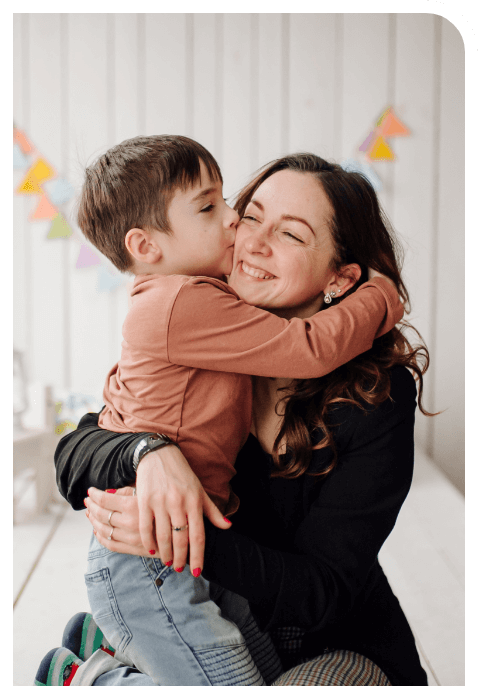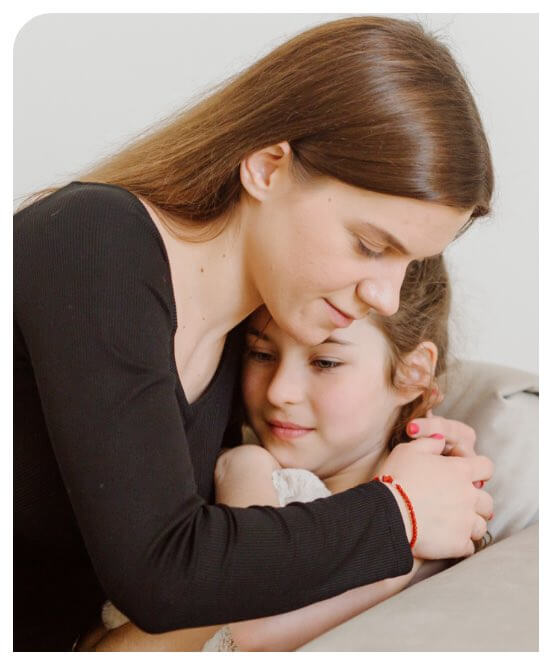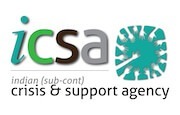Domestic & Family Violence
We offer support to anyone experiencing domestic and family violence. We have specialised expertise working with South Asian & CALD communities.

Culturally Contextual Support
The highest demand for our services is to assist vulnerable people predominantly from South Asian (or like) backgrounds experiencing Domestic, Family or Sexual Violence (DFSV or DV).
DV is very much underreported in CALD communities. The key cultural intersections of shame and honour contribute highly to non-disclosure. Even within families.
This makes the work of supporting clients with high number of cultural intersections complex. Standard solutions offered by the system fall well short of the needs of the client.
The standard response of ‘leave to escape violence’ is in fact a key deterrent to disclosure; many people experiencing DV do not want to leave their home. Culturally, stepping out of a home, even temporarily can mean no way back.
Our services offer an alternative form of practical DFSV Casework support within a culturally fit framework that works to the client’s strength to live free from abuse.
ICSA DFV practices the Safe and Together© model of support and DVNSW best practice guidelines. ICSA is committed towards the aims and outcomes of the National and State Plans.
Cultural Safety
Our key priority is the safety of our clients, their families and any near ones.
Physical safety is paramount and while we fully comprehend the cultural complications that can arise from leaving the home, this has to be balanced with any immediate threats of harm.
In considering leaving a home and family, it is important to be mindful that some people will feel even more unsafe when taken to an environment that is confronting or draws a fear of authority.
Working with clients is to consider all aspects, ensure the client considers the pros and cons of their options, assisting the client to come to an informed decision and then be prepared for what is to come.
We recognise that reconciliation or resolution of conflict is often what CALD clients and their families prefer, we work toward the outcomes they choose. This is a key opportunity to build trust in relationships and educate against DFV.
Our professional development services provide training to frontline services to be better equipped in developing cultural safety.


Cultural Abuses & Complex DFV
The multiple intersections in CALD communities and for new migrants means DFSV can be incredibly complex.
Starting with clients themselves not fully aware or able to comprehend the implications of their situation.
Matters frequently complicated by temporary residency status and what reporting or taking police actions may mean in compromising the residency claim.
Cultural abuses can very difficult to recognise even within community, not only due to being normalised but considered culturally appropriate.
One such abuse is Dowry Abuse, a culturally driven abuse that has wide implications on a bride’s family; due to high rates of fatalities, has been outlawed in many Indian Sub-continent nations. But freely practiced in Australia. You can follow our journey of campaign to address Dowry Abuse on our Advocacy Page
For more information and skill building in dealing with complex DFV, we offer training in our professional development products and expert advice through our consultancy.

Primary Prevention & Intervention
ICSA is dedicated to preventing violence against women and children as the leading cause of Domestic and Family Violence.
Our strategy is to incorporate and integrate primary prevention into our services to promote understanding and raise awareness of the drivers of abuse and to challenge them.
Our client services are all developed with reinforcement of the principles of primary prevention such as gender equity and removing stereotypes.
Our services have points of early intervention to allow soft entry points for disclosures given reporting in CALD communities is a challenge.
Our group activities and community connections are specifically targeted to primary prevention.
- Chat n Chai – is a support group for women, both online and off
- Chess n Chai: a men’s group to breakdown relationship structures through chess
- Safety planning: being prepared to leave home in an emergency such as a flood
We use innovative ways to educate our communities with cultural sensitivity to address the problem of normalised DFV.
We under our Community Connections run a writing project on the topic of Shame.
Our current project is Behind Closed Doors, shown three times in Sydney now going to Canberra and Melbourne. Raising awareness on the impacts and damage to children when exposed to DFV.
Culturally Complex Domestic, Family & Sexual Violence
We assist vulnerable people from South Asian backgrounds across a range of issues, from abuse and exploitation to advocacy for their rights.
People experiencing issues can be temporary resident migrants (TRMs), seniors, people with disability, people presenting as LGBTQI, all who come from CALD backgrounds.
We work with vulnerable persons across deception, trafficking, fraud, exploitation and coercive control. These situations can be very complex and difficult particularly if the client has been coerced into some illegal activity or threatened to be exposed.
We assist in navigating these issue with the aim of finding the best possible outcome without compromising their families or residency.


